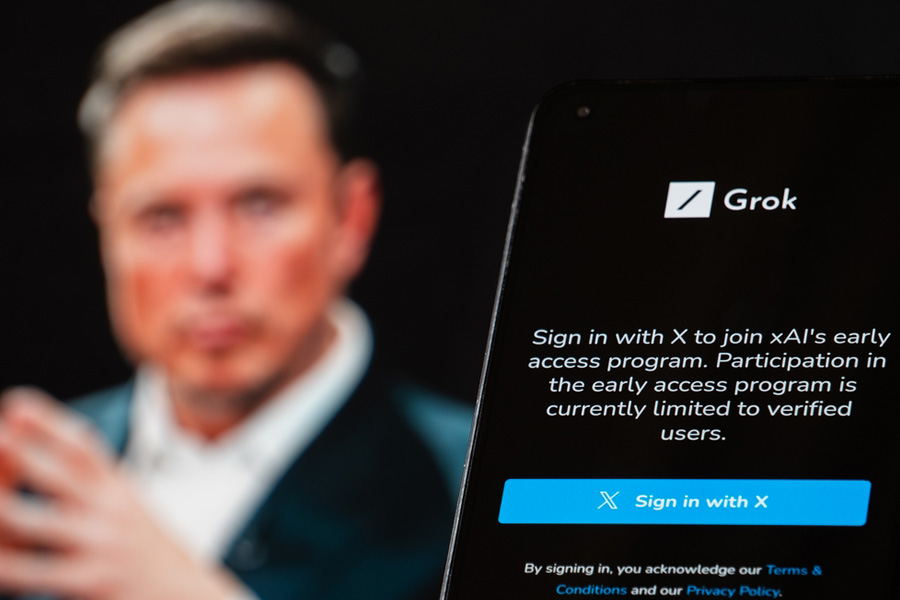 |
New Delhi, March 12: People expressing their “likes” on Facebook may be unwittingly offering insights into their personal traits, even things they might not want to share, a study by Cambridge University scientists suggests.
Researchers straddling the domains of psychology and online social networks have developed a mathematical model to predict an individual’s personal traits and preferences, drawing on records of Likes expressed by nearly 58,000 Facebook users in the US.
Their study, published yesterday in the US journal Proceedings of the National Academy of Sciences, suggests that the model can predict several traits such as gender, intelligence, sexual orientation, satisfaction with life, and emotional stability through Facebook Likes.
“These findings reaffirm that our preferences, psychological traits, and even life events may be expressed through online behaviour,” said Michal Kosinski, a Polish psychologist and director of the Psychometrics Centre at the University of Cambridge, who led the study.
The model correctly classified users as men or women based on their Facebook “likes” in 93 per cent of cases. Among “likes” that predicted males were Bruce Lee, ESPN and Band of Brothers. And Proud to be a Mom, Shoedazzle, and Mall World were among “likes” that predicted females. The model also identified users as Christians or Muslims correctly in 82 per cent of cases — relying on “likes” such as the Bible or Gospel Music to Hadith of the Day or I love Islam.
Among the most predictive “likes” for high intelligence were The Godfather, Mozart, and To Kill a Mockingbird, while Harley Davidson, Chiq, and Bret Michaels were among the Likes associated with users with relatively lower intelligence.
“Some are obvious ‘likes’ — such as those associated with gender or religion,” Kosinski told The Telegraph in a telephone interview. “But there are other Likes we just don’t understand yet — for instance, Morgan Freeman’s Voice is associated with high intelligence, while physics and engineering is associated with calm and relaxed personality. What this tells us is that our understanding of human personality is still rather limited,” he said.
The researchers say such model-based predictions may be used by companies to improve numerous products and services. “You could have smartphones that adjust their features according to their owners’ inferred personality traits,” Kosinski said.
Future marketing initiatives, Kosinski and his colleagues say, could be tweaked with such predictive information. Online insurance advertisements might emphasise security when facing emotionally unstable users but stress potential threats when dealing with emotionally stable users, the researchers wrote in their paper.
But, they caution, that widespread awareness of such predictability may also influence individuals’ online responses and even adoption of emerging technologies. “There could be some uneasiness if people learn that traits such as sexual orientation or intelligence can be extracted from online behaviour,” Kosinski said.
Kosinski, collaborating with David Stillwell and Thore Graepel, used standard machine learning techniques to develop the model — relying on data from 90 per cent of the 58,000 users to develop a model and validating it on 10 per cent, and repeating this process several times.












